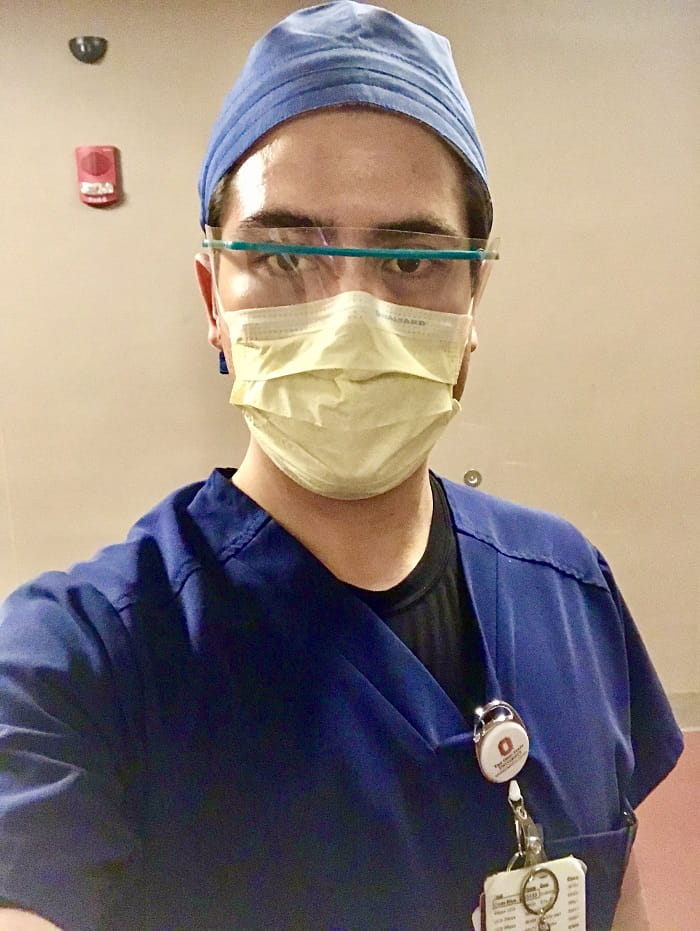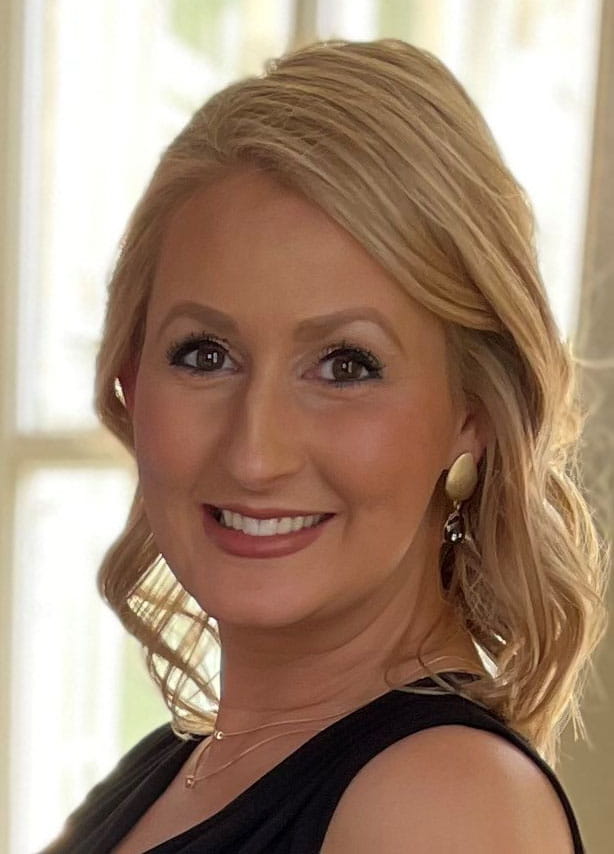 Javier Martinez, RN
Javier Martinez, RN
For many, the COVID-19 pandemic brought new meaning to the word “hero.” Instead of capes, they wear scrubs. However, Javier Martinez, RN, prefers the term “compassionate souls” to describe his profession as a nurse. “I don’t see myself as a hero,” he says. “I chose this profession because this is what I wanted to do. I wanted to help others.”
Today, at the Ohio State Richard M. Ross Heart Hospital, Martinez is doing just that and more. From caring for patients to supporting his fellow nurses, he knows this is exactly where he is supposed to be.
“I have been working at the Ross for more than four years now, and I could not be happier,” Martinez says. “I feel like I have found my work family.”
Martinez funnels his passion for nursing into his role as Magnet Champion, a position awarded to nurses to promote an atmosphere of nurse excellence. In addition, Martinez has a governing role on his Unit Leadership Council and through these outlets, Martinez speaks to his colleagues on the importance of nurse wellness, an issue that has become more vital after the past year of treating critically ill COVID-19 patients.
“During the peak of the pandemic, we were feeling sad and tired because we would go to work and see these patients every day begin to decline,” Martinez says. “It was rough to see our patients (prior to the pandemic) do well, to then shift to this moment where patients are not doing well.”
He wants to thank everyone who has brought nurse wellness to the forefront of conversation to educate those outside of his profession about its importance.
“We are making awareness of how important it is to have a healthy work environment and healthy nurses in order to have a healthy society.”
 Alex Bushong, RN
Alex Bushong, RN
After a “surreal” year, Alex Bushong, RN tries to think about the survivors.
A nurse at the Ohio State Richard M. Ross Heart Hospital, Bushong remembers her first COVID-19 patient — a woman in her 50s, who returned home in August after six months of hospitalization and rehab.
In March 2020, Bushong was enlisted to help this patient, who had oxygen requirements beyond what a mechanical ventilator could provide. The cardiovascular ICU nurse has experience with a specialized device called an extracorporeal membrane oxygenation (ECMO) machine. ECMO is an artificial lung and blood pump that continuously drains deoxygenated blood from a central vein, pumps it through a membrane oxygenator, removes carbon dioxide and returns blood to the patient. The woman spent more than a month on the machine before continuing her recovery and rehabilitation.
Successes like these help Bushong deal with the immense pain and loss she has witnessed over the past year.
“We try and remember those patients that have done well because there are many, many more that didn’t make it,” Bushong says. “As nurses we want to fix everything and make everything better for people, and we couldn’t for so many people.”
Nurses are accustomed to helping patients and families “navigate the worst day of their lives,” Bushong says. But patient deaths during COVID-19 have been more intense and personal because nurses stepped in for loved ones when COVID-19 safety protocols prevented hospital visitors. At age 31, Bushong sought counseling for the first time in her career.
“This isn’t something I can shake off when I get home from work,” Bushong says. “Just talking about it, I’m back to feeling like myself again.”
Bushong chairs her Unit Leadership Committee, which includes responsibility for activities to increase nurse satisfaction. After a year in which staff engagement necessarily took a back seat, she is looking for ways to replenish nurses’ spirits through team building and fun.
“We have given so much this past year. We’re trying to do things for ourselves, but we need help too. If our tanks are empty, we have less to give.”
